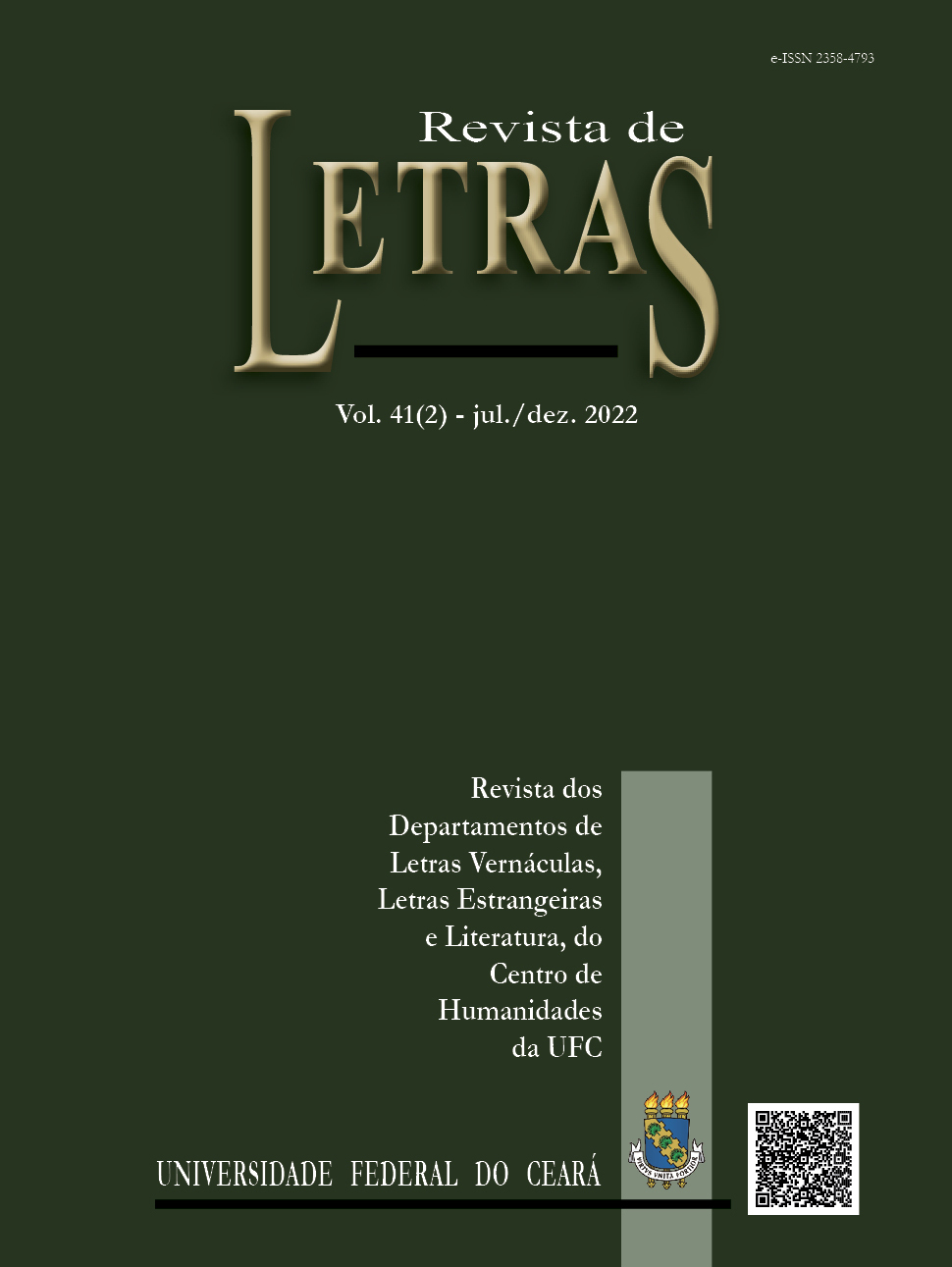O TRABALHO COM SEQUÊNCIA DIDÁTICA NO ENSINO SUPERIOR
UMA ANÁLISE DA PRODUÇÃO INICIAL E FINAL DO GÊNERO PETIÇÃO
DOI:
https://doi.org/10.36517/revletras.41.2.12Abstract
Many students enter higher education with difficulties in relation to reading and production of texts and this difficulty is also evident in Law courses, which can harm the student in his trajectory, since he will come across several textual genres of this area that, if not well understood, can lead to a denial of the request, when professional. With this in mind, we developed a didactic model and, later, a didactic sequence of the initial petition genre for working with the genre. In this article, we have as a general objective to understand the language skills developed by students entering the Law course of a higher education institution based on the didactic sequence carried out in the classroom. For this, we base ourselves on the considerations of Geneva didacticists and take as data for analysis the initial production and the final production of one of the research participants. Our analyses reveal that students developed action, discursive and linguistic-discursive capacities in the production of texts of this genre after working with the modules presented in the didactic sequence.
Downloads
Downloads
Published
How to Cite
Issue
Section
License
Autores que publicam nesta revista concordam com os seguintes termos:- Autores mantêm os direitos autorais e concedem à revista o direito de primeira publicação, com o trabalho simultaneamente licenciado sob a Licença Creative Commons Attribution que permite o compartilhamento do trabalho com reconhecimento da autoria e publicação inicial nesta revista.
- Autores têm autorização para assumir contratos adicionais separadamente, para distribuição não-exclusiva da versão do trabalho publicada nesta revista (ex.: publicar em repositório institucional ou como capítulo de livro), com reconhecimento de autoria e publicação inicial nesta revista.
- Autores têm permissão e são estimulados a publicar e distribuir seu trabalho online (ex.: em repositórios institucionais ou na sua página pessoal) a qualquer ponto antes ou durante o processo editorial, já que isso pode gerar alterações produtivas, bem como aumentar o impacto e a citação do trabalho publicado (Veja O Efeito do Acesso Livre).

.png)





.png)
